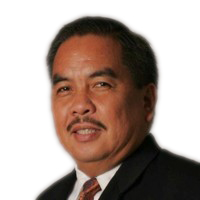WHILE none of the incumbent government officials have openly declared that they will be running for reelection in the upcoming national and local electoral exercise, some incumbent elected officials have impliedly declared their intention with the proliferation of billboards. This may be because the Commission on Elections (Comelec) chairman, George Erwin Garcia, has declared a number of times already that upon the filing of the certificate of candidacy, the individual automatically becomes an official candidate and, therefore, is barred from conducting any kind of campaign activity, including running ads on print media, radio, TV or social media, or putting up billboards in public places, among others, until the start of the official campaign period.
The filing of candidacy certificates is slated for the first week of October 2024. Between the date of filing the candidacy certificates and the start of the campaign period, or perhaps even now, political parties and candidates are likely to discuss and develop campaign strategies. Political consultants and campaign strategists will likely adopt artificial intelligence (AI) tools in their arsenal if they haven't already done so. The use of AI in generating campaign materials offers a range of benefits, including enhanced voter engagement through targeted messaging. This will, however, require data about voters that can be processed to gain insights about individuals or groups of voters. The best source of voter data is, of course, social media platforms. Political consultants and campaign strategists will have to work with operators of social media platforms or, in the alternative, engage data brokers.
Continue reading with one of these options:
Ad-free access
P 80 per month
(billed annually at P 960)
- Unlimited ad-free access to website articles
- Limited offer: Subscribe today and get digital edition access for free (accessible with up to 3 devices)


